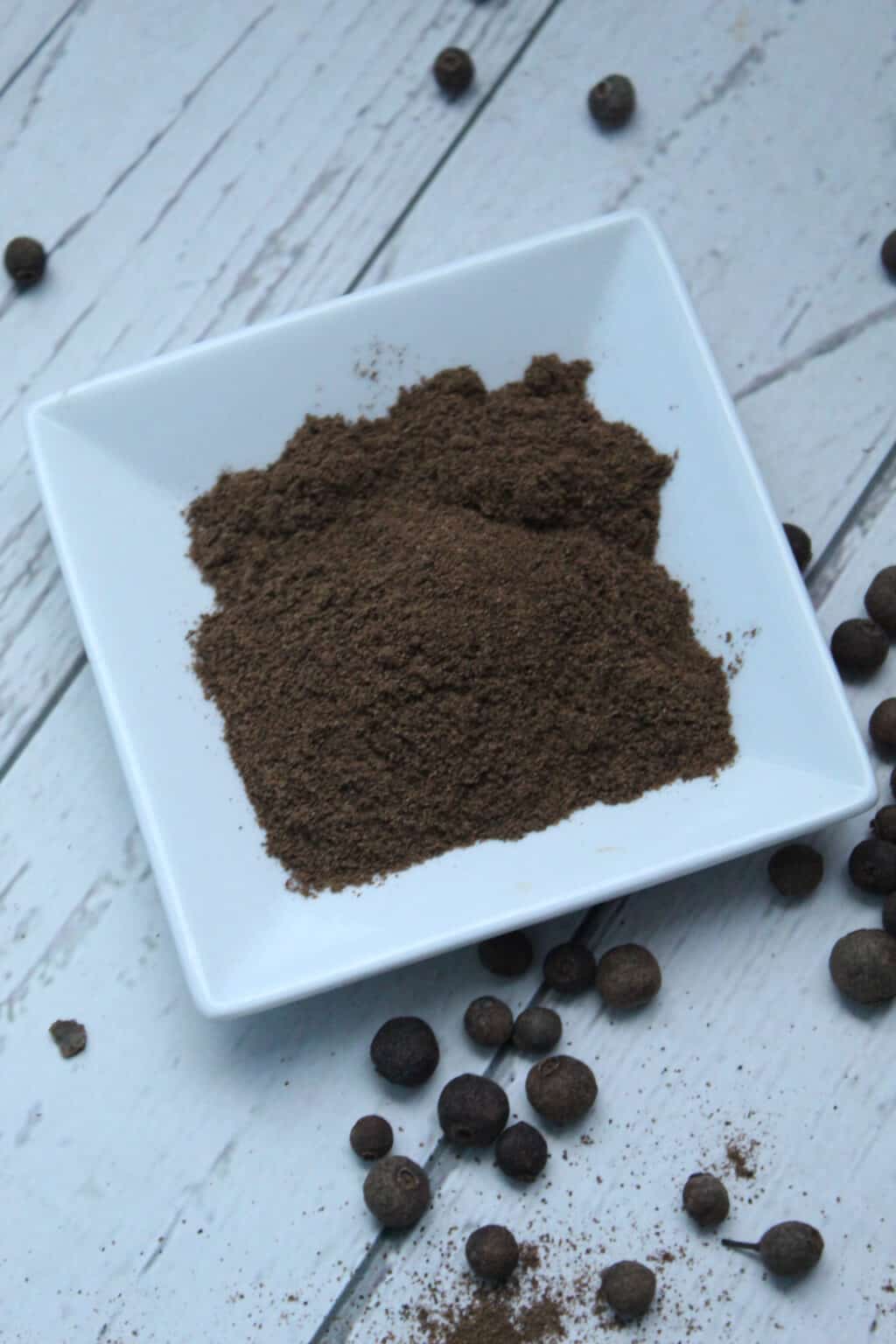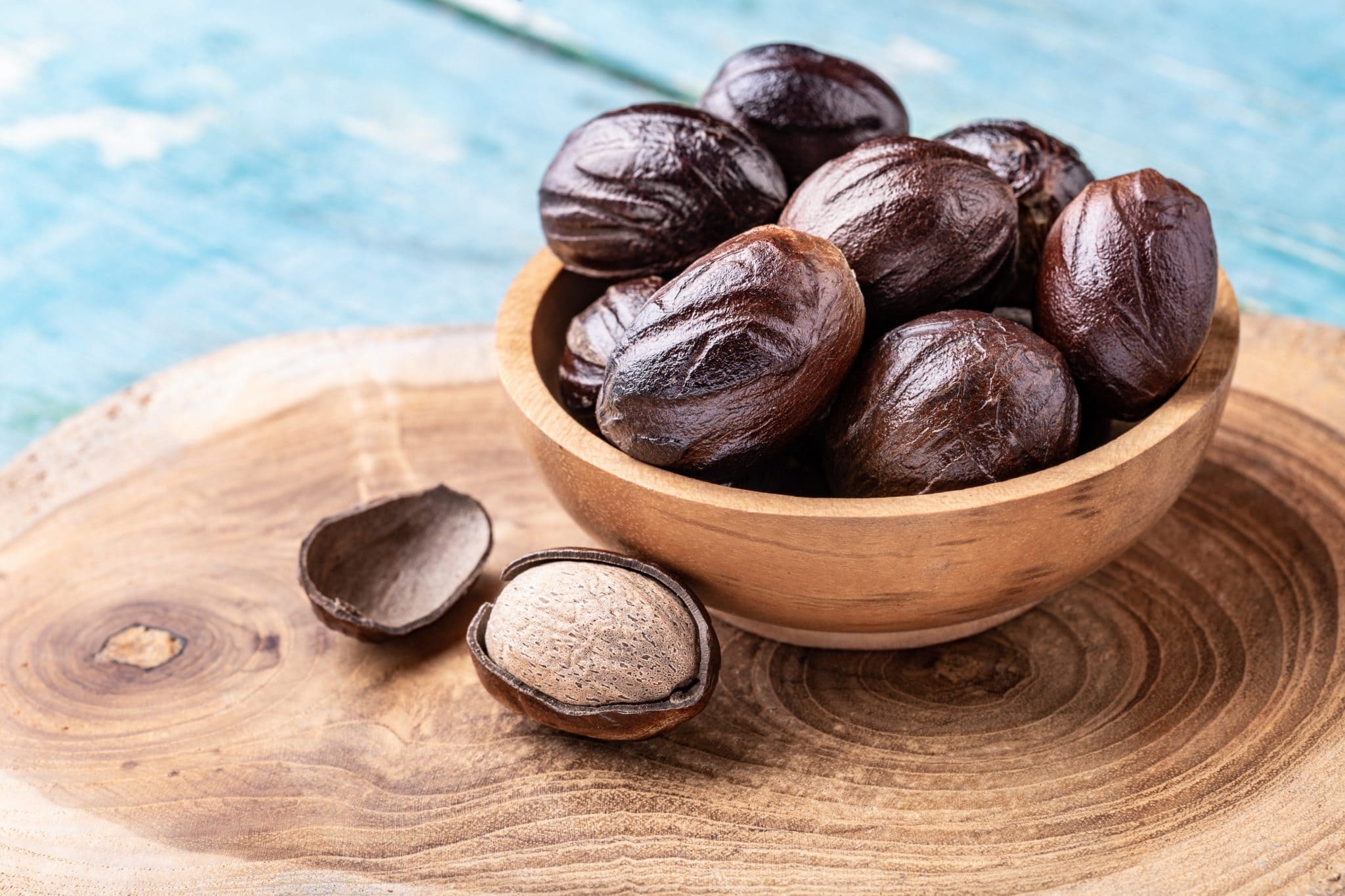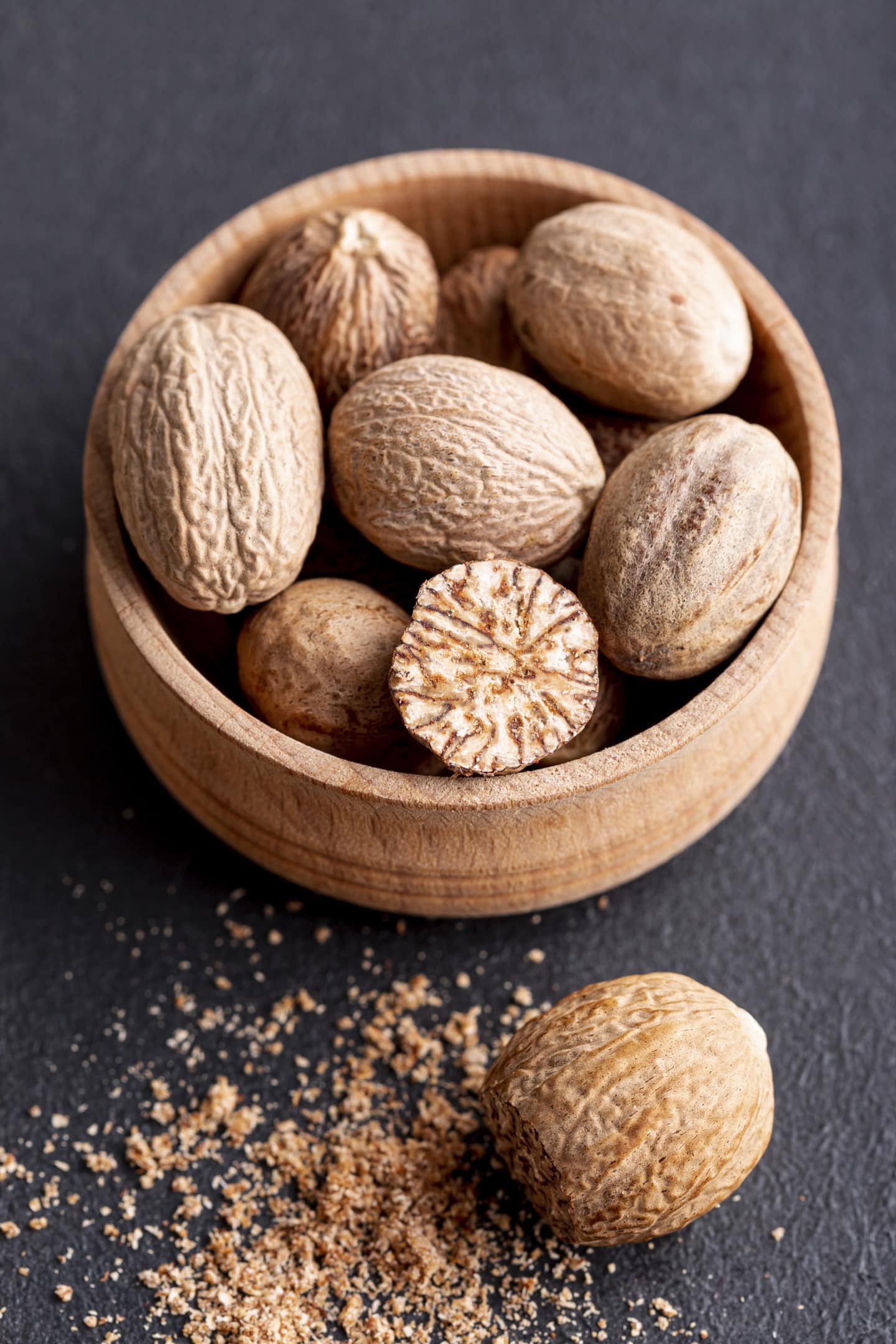When you're in the middle of cooking and suddenly realize you're out of nutmeg, it can feel like a major roadblock. Nutmeg is a staple spice in many recipes, adding warmth and depth to both sweet and savory dishes. However, life happens, and sometimes we run out of pantry essentials. The good news is that there are several nutmeg substitutes that can save the day. These alternatives not only replicate the flavor profile of nutmeg but also bring their own unique nuances to your culinary creations. By understanding what makes nutmeg special and exploring its substitutes, you can confidently adapt your recipes without compromising taste.
Nutmeg is often used in baking, soups, sauces, and even beverages. Its earthy, slightly sweet, and warm flavor makes it a popular choice for holiday recipes and comfort foods. But if you're out of nutmeg, don't panic. There are plenty of spices and herbs that can step in as replacements. Whether you're looking for a direct substitute or want to experiment with new flavors, this guide will help you navigate the world of nutmeg alternatives.
In this article, we'll dive deep into the best nutmeg substitutes, including their flavor profiles, uses, and tips for incorporating them into your recipes. By the end, you'll have a comprehensive understanding of how to replace nutmeg in various dishes while maintaining or enhancing the intended taste. So, let's get started!
Read also:Airport Code For Fort Lauderdale Fl Your Ultimate Guide To Traveling With Confidence
Table of Contents
- What is Nutmeg?
- Why Substitute Nutmeg?
- Best Nutmeg Substitutes
- Nutritional Benefits of Nutmeg Substitutes
- Cooking Tips with Nutmeg Substitutes
- Recipes Using Nutmeg Substitutes
- Substitute Ratios and Conversions
- FAQ
- Conclusion
What is Nutmeg?
Nutmeg is a versatile spice derived from the seed of the Myristica fragrans tree, native to the Banda Islands in Indonesia. It has been used for centuries in both culinary and medicinal applications. The spice is known for its warm, slightly sweet, and aromatic flavor, making it a favorite in both sweet and savory dishes. Nutmeg is often grated fresh or used in ground form, depending on the recipe requirements.
Its unique taste comes from essential oils like myristicin and elemicin, which contribute to its aromatic profile. Nutmeg is commonly used in baking, desserts, soups, and beverages like mulled wine and eggnog. However, its strong flavor means that a little goes a long way, so it's essential to use it sparingly to avoid overpowering your dishes.
Why Substitute Nutmeg?
There are several reasons why you might need to substitute nutmeg in your recipes. Firstly, it may simply not be available in your pantry at the moment. Secondly, some people may have allergies or sensitivities to nutmeg, necessitating an alternative. Additionally, nutmeg can be quite potent, and some individuals may prefer a milder or different flavor profile in their dishes.
Another consideration is cost. While nutmeg is widely available, some people may opt for cheaper alternatives or spices they already have on hand. Lastly, experimenting with nutmeg substitutes can lead to exciting new flavor combinations and culinary discoveries. By understanding the reasons behind substitution, you can make informed decisions about which alternatives to use.
Best Nutmeg Substitutes
Now that we've covered why you might need to substitute nutmeg, let's explore the best options available. Each substitute brings its own unique flavor profile and can be used in a variety of dishes. Below, we'll delve into three top alternatives: mace, cinnamon, and allspice.
Mace
Mace is the dried outer covering of the nutmeg seed and is often considered the closest substitute for nutmeg. It shares a similar flavor profile, with a slightly sweeter and more delicate taste. Mace is an excellent choice for recipes where nutmeg's warmth is desired but its intensity might be too much.
Read also:Is The Eclipse More Dangerous Than The Sun Unveiling The Truth
- Best used in: Baked goods, custards, and creamy sauces.
- Substitution ratio: 1:1 with nutmeg.
- Tip: Use mace sparingly, as it can become overpowering in large quantities.
Cinnamon
Cinnamon is another popular nutmeg substitute, especially in sweet dishes. While it doesn't replicate nutmeg's exact flavor, it provides a warm, sweet, and aromatic alternative. Ground cinnamon is widely available and can be easily incorporated into most recipes that call for nutmeg.
- Best used in: Desserts, breads, and spiced beverages.
- Substitution ratio: Use 1 teaspoon of cinnamon for every 1/2 teaspoon of nutmeg.
- Tip: Combine cinnamon with other spices like cloves or allspice for a more complex flavor.
Allspice
Allspice is a versatile spice that combines the flavors of cinnamon, nutmeg, and cloves, making it an excellent substitute. Its name reflects its multifaceted taste profile, which can enhance both sweet and savory dishes. Allspice is particularly useful when you want to mimic the depth of nutmeg without using the actual spice.
- Best used in: Baking, marinades, and meat dishes.
- Substitution ratio: Use 1 teaspoon of allspice for every 1/2 teaspoon of nutmeg.
- Tip: Grind whole allspice berries for a fresher, more potent flavor.
Nutritional Benefits of Nutmeg Substitutes
When choosing a nutmeg substitute, it's important to consider the nutritional benefits each option offers. Spices like cinnamon and allspice are not only flavorful but also packed with antioxidants and other health-promoting compounds. For example, cinnamon is known for its anti-inflammatory properties and potential blood sugar regulation benefits. Allspice contains eugenol, which has been linked to improved digestion and reduced inflammation.
Mace, being closely related to nutmeg, shares many of the same nutritional advantages. It's rich in essential oils and vitamins, making it a healthy addition to your diet. By opting for these substitutes, you can enhance the nutritional value of your meals while still achieving the desired flavor.
Cooking Tips with Nutmeg Substitutes
Using nutmeg substitutes effectively requires a few tips and tricks to ensure the best results. Here are some practical suggestions:
- Always start with a small amount of the substitute and adjust to taste, as spices can vary in potency.
- Grind whole spices just before use for maximum flavor and aroma.
- Combine multiple substitutes for a more complex flavor profile. For example, mix cinnamon and allspice for a balanced alternative to nutmeg.
- Store spices in airtight containers away from heat and light to preserve their freshness.
By following these tips, you can confidently incorporate nutmeg substitutes into your cooking and baking without compromising on taste or quality.
Recipes Using Nutmeg Substitutes
Here are a couple of recipes where you can use nutmeg substitutes:
Pumpkin Pie with Cinnamon and Allspice
This classic dessert can be easily adapted using cinnamon and allspice instead of nutmeg. Simply replace the nutmeg in your recipe with a combination of these two spices for a delicious twist on the traditional pumpkin pie.
Creamy Butternut Squash Soup with Mace
For a savory dish, try using mace in your butternut squash soup. Its subtle sweetness and warmth complement the natural flavors of the squash, creating a comforting and flavorful soup perfect for any occasion.
Substitute Ratios and Conversions
Understanding the correct substitution ratios is crucial for achieving the desired taste in your recipes. Here's a quick guide:
- Mace: 1:1 with nutmeg.
- Cinnamon: 2 teaspoons of cinnamon for every 1 teaspoon of nutmeg.
- Allspice: 2 teaspoons of allspice for every 1 teaspoon of nutmeg.
Remember, these ratios are a starting point. Always taste as you go and adjust according to your preference.
FAQ
Here are some frequently asked questions about nutmeg substitutes:
- Can I use nutmeg substitutes in savory dishes? Yes, many substitutes like mace and allspice work well in savory recipes.
- Are nutmeg substitutes safe for people with nut allergies? Yes, nutmeg and its substitutes are not true nuts and are generally safe for people with nut allergies.
- Can I use fresh spices instead of ground? Absolutely! Freshly ground spices often provide a more robust flavor.
Conclusion
In conclusion, finding a nutmeg substitute doesn't have to be a daunting task. With options like mace, cinnamon, and allspice, you can easily adapt your recipes to suit your needs and preferences. Each substitute brings its own unique flavor profile and nutritional benefits, making them valuable additions to your spice rack.
We encourage you to experiment with these alternatives and discover new flavor combinations in your cooking. Don't forget to share your experiences and creations with us by leaving a comment below. And if you found this article helpful, consider sharing it with your friends and family. Happy cooking!


